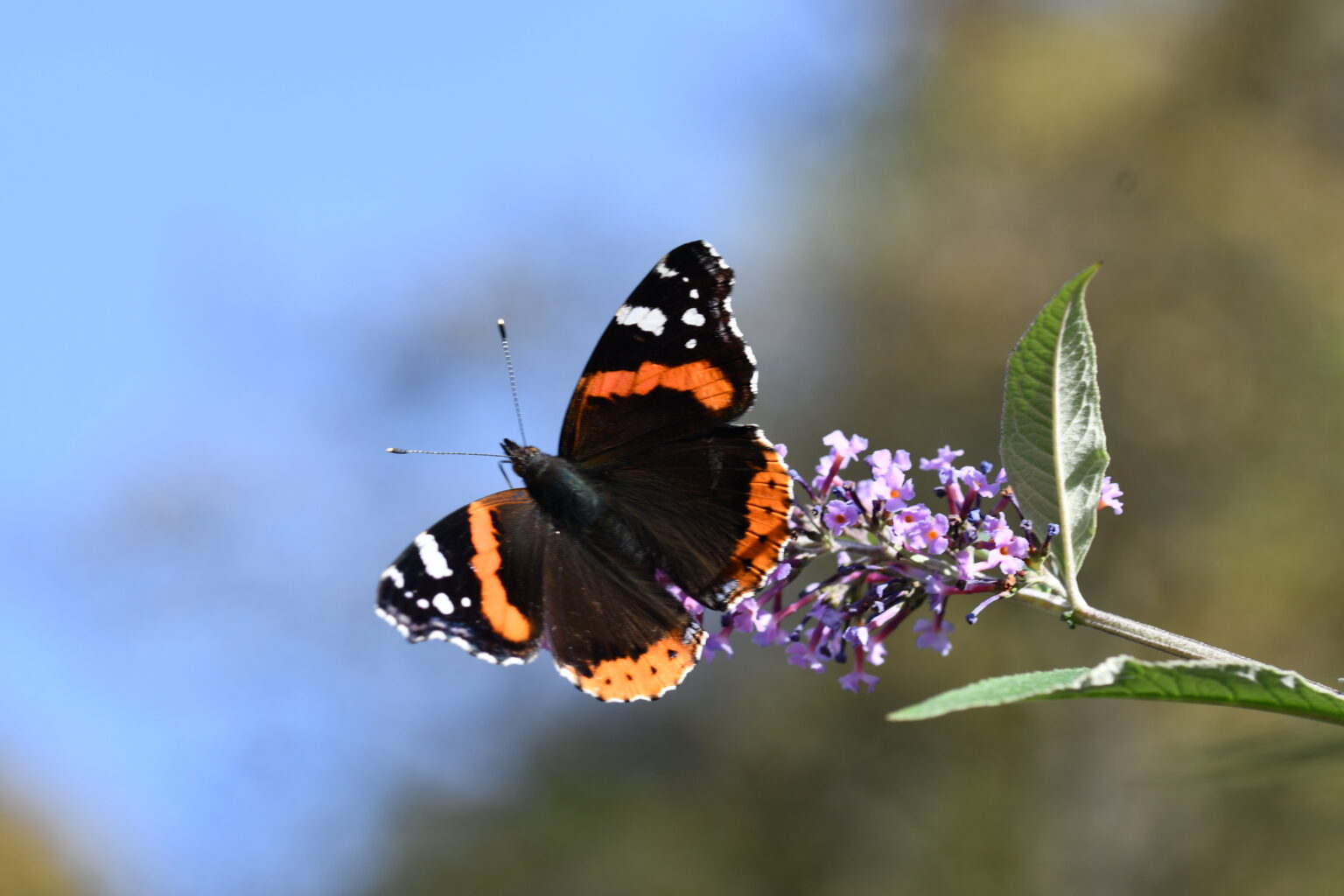PLUS researcher participates in study that determines effects of climate change on butterflies

Global climate change is also becoming increasingly noticeable and visible in Europe:
Spring now starts much earlier here, while the growing season ends later in the year. This has a massive impact on European fauna and flora," explains Prof. Dr. Jan-Christian Habel, from PLUS.
While Prof. Dr. Thomas Schmitt, from the Senckenberg German Entomological Institute Müncheberg (SDEI) and the University of Potsdam, develops: "In our current study, we show that many butterfly species are being sighted earlier and earlier in the year".
Butterflies and moths adapt their life cycles to a warming world
The four researchers - from SDEI, PLUS, Haus der Natur Salzburg and Nicolaus Copernicus University Torun - used long-term observation data of butterflies and moths collected in northern Austria to investigate phenological shifts and changes in the number of butterfly generations. In total, the research team had more than 250,000 individual specimens of 2275 butterfly species, which were collected over an altitude gradient of 380 to 3105 metres in the period from 1900 to 2022.
The analyses show that typical spring butterflies, such as the aurora butterfly (Anthocharis cardamines) or the small cabbage white (Pieris rapae), and moth species, such as the variable catkin owl (Orthosia incerta), begin to fly earlier in the year. The red admiral (Vanessa atalanta) can now survive the winter here, which was not the case 10 years ago.
These changes could have a negative impact on interactions between species. Interactions between different species - such as between moths and their food plants - have been established and optimised over thousands of years. Such a rapid change could result in the breakdown of these interactions - especially between animals and plants. This could have fatal consequences for the survival of numerous species. A further rise in temperature could therefore have devastating effects, especially at high altitudes", agree the two scientists.
